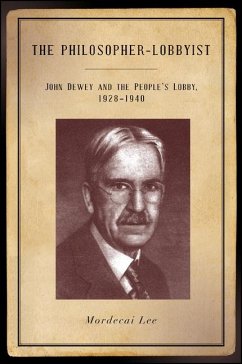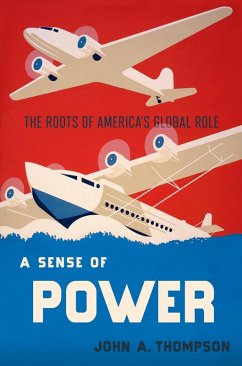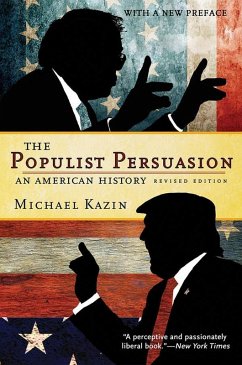John Dewey (1859-1952) was a preeminent American philosopher who is remembered today as the founder of what is called child-centered or progressive education. In The Philosopher-Lobbyist, Mordecai Lee tells the largely forgotten story of Dewey's effort to influence public opinion and promote democratic citizenship. Based on Dewey's 1927 book The Public and Its Problems, the People's Lobby was a trailblazing nonprofit agency, an early forerunner of the now common public interest lobbying group. It used multiple forms of mass communication, grassroots organizing, and lobbying to counteract the many special interest groups and lobbies that seemed to be dominating policymaking in Congress and in the White House. During the 1930s, Dewey and the People's Lobby criticized the New Deal as too conservative and championed a social democratic alternative, including a more progressive tax system, government ownership of natural monopolies, and state operation of the railroad system. While its impact on historical developments was small, the story of the People's Lobby is an important reminder of a historical road not traveled and a policy agenda that was not adopted, but could have been.
Hinweis: Dieser Artikel kann nur an eine deutsche Lieferadresse ausgeliefert werden.
Dieser Download kann aus rechtlichen Gründen nur mit Rechnungsadresse in A, D ausgeliefert werden.
Hinweis: Dieser Artikel kann nur an eine deutsche Lieferadresse ausgeliefert werden.









